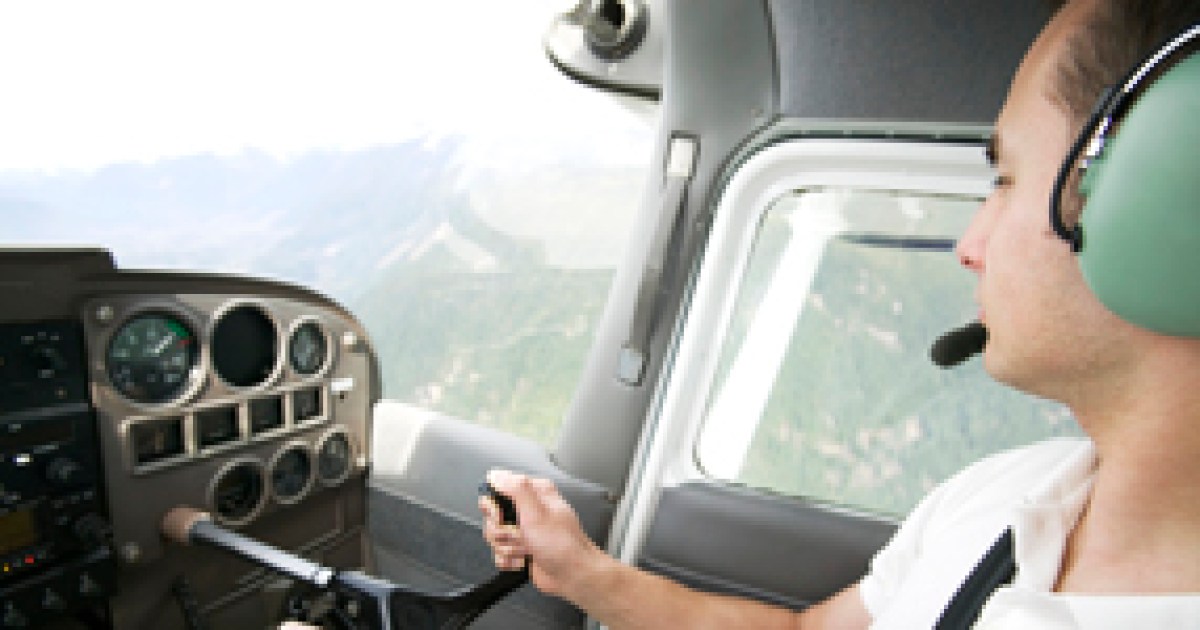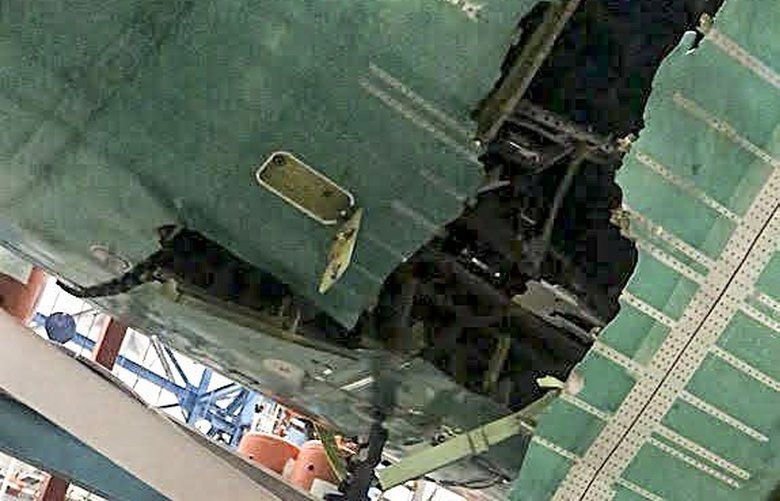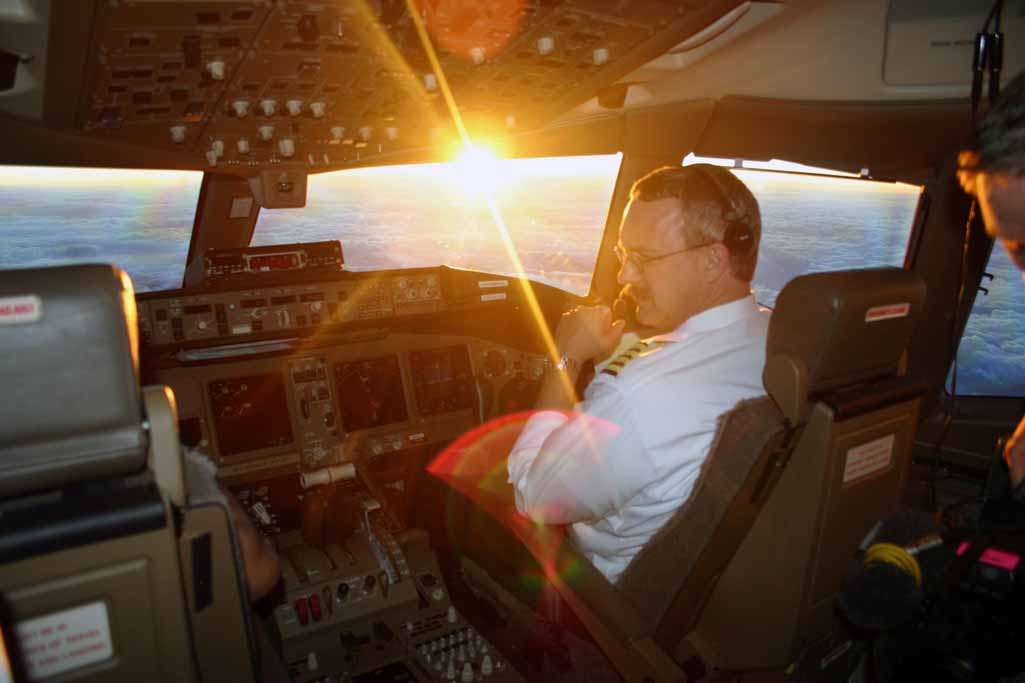Good coverage here of that research into pilot fatigue conducted years ago:

www.theaustralian.com.au
A former Qantas pilot has warned his colleagues of the potential health effects of ultra-long range flying but predicted they will still agree to do the airline’s Project Sunrise flights.
After almost 33 years with Qantas including 11 years as an A380 captain, Richard Woodward officially retired this month, closing the curtains on a stellar career.
But his departure came with a warning to colleagues currently in negotiations with Qantas to operate ultra-long range services from Australia’s east coast to cities like New York and London.
He said detailed research undertaken by the airline in co-operation with the pilots’ association, universities and the Civil Aviation Safety Authority some years ago identified the disturbing effects of fatigue on a pilot’s performance.
“We found if the captain got less than five hours of sleep over an extended period of time, the crew’s ability to make, manage and maintain a plan of action was severely degraded,” said Mr Woodward.
“Similarly if the first officer got less than five hours of sleep then the crew’s ability to reflect on that plan and maybe alter outcomes was severely degraded because it’s the first officer’s job to monitor what the captain wants to do.”
He said if the crew was fatigued to that level, the consequential error rate doubled.
“A consequential error is an error that if left unchecked will have safety outcomes for the aeroplane,” Mr Woodward said.
.....




















